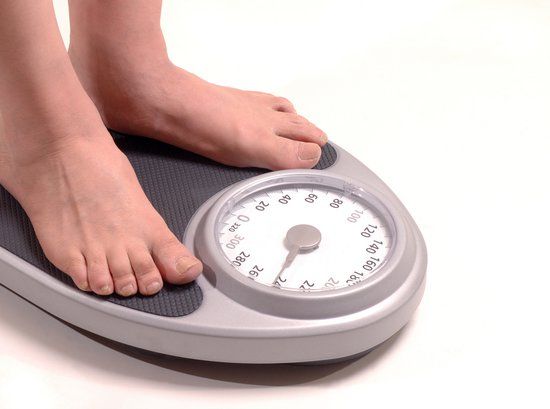Fertility experts have long told women not to delay motherhood because fertility declines from around age 35 onwards, but now men are also being told not to delay being a Daddy.
New research from a reproductive centre in Brazil found that the chance of fathering a child fell by seven per cent for every year above the age of 41. Meaning that even leaving fatherhood just a few years until your mid-40s could have significant impact on your ability to get your partner pregnant.
The study was based on 570 cycles of IVF using donor eggs from young women aged 18 to 30. The results showed that for fathers aged in their early-40s, the chance of pregnancy was around 60 per cent. But this fell dramatically to 35 per cent in the group where the men were aged 45.
It’s thought the reason is because, as with women whose egg quality declines with age, so does the quality of sperm in men as they get older. Researchers found the sperm of older fathers was more likely to be abnormal.
So men do have a biological clock. It may not start ticking as early as a woman’s, but clearly this research shows that age does affect sperm quality and the chances of pregnancy success.
The fact that sperm quality declines with a man’s age could affect many couples. Those where the man is the older partner in the relationship, or perhaps where people have divorced and met someone new later in their life, and wish to either start their family or have a child with the new partner.
It has many implications, simply because so many people believe that a man’s age is no barrier to parenthood. So just as women can’t afford to wait to have children, neither can men. It could be that in the future men decide to freeze their sperm when they’re younger and at their most fertile, just as women can now freeze their eggs, to help ensure they can have children when they’re older.
Last updated: 24th October 2011




